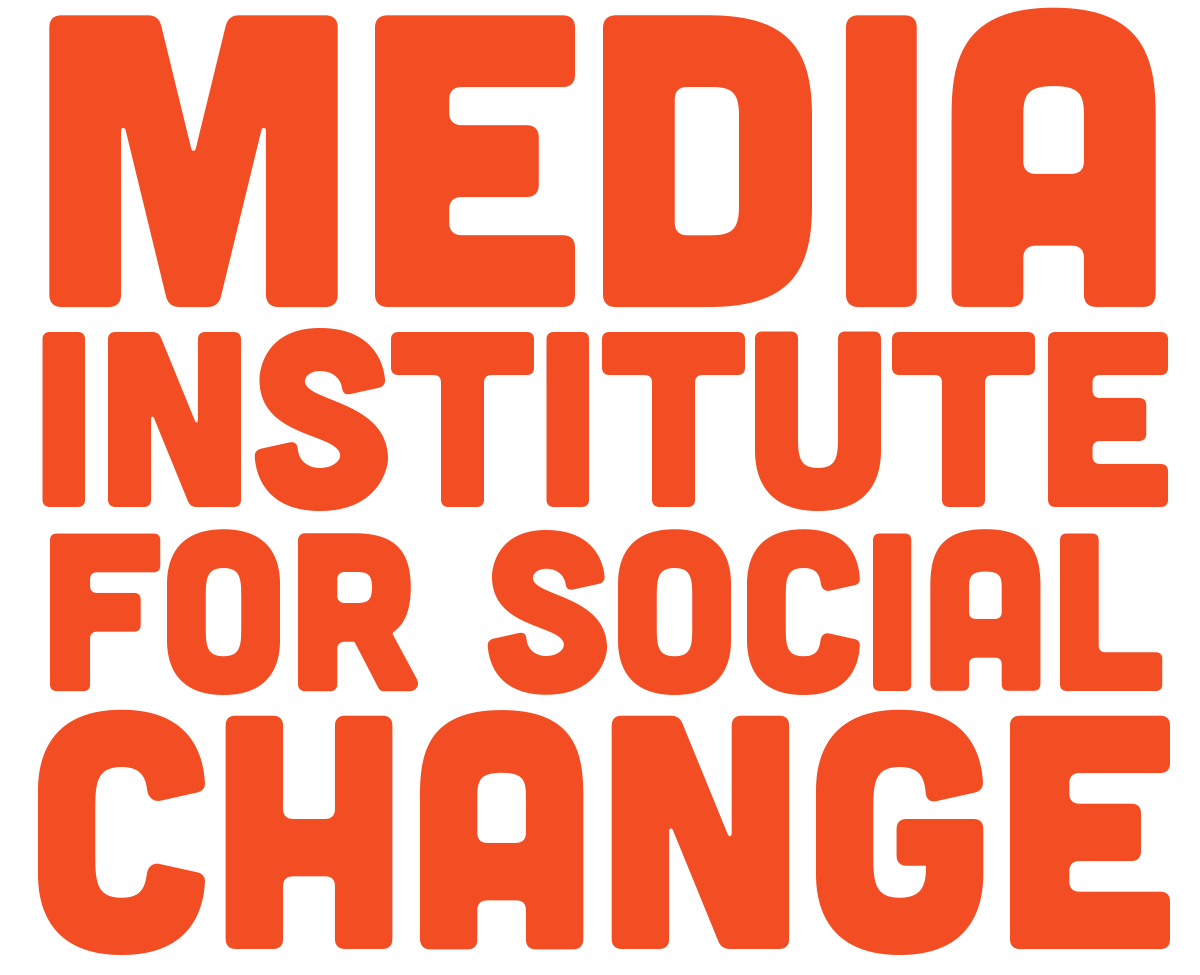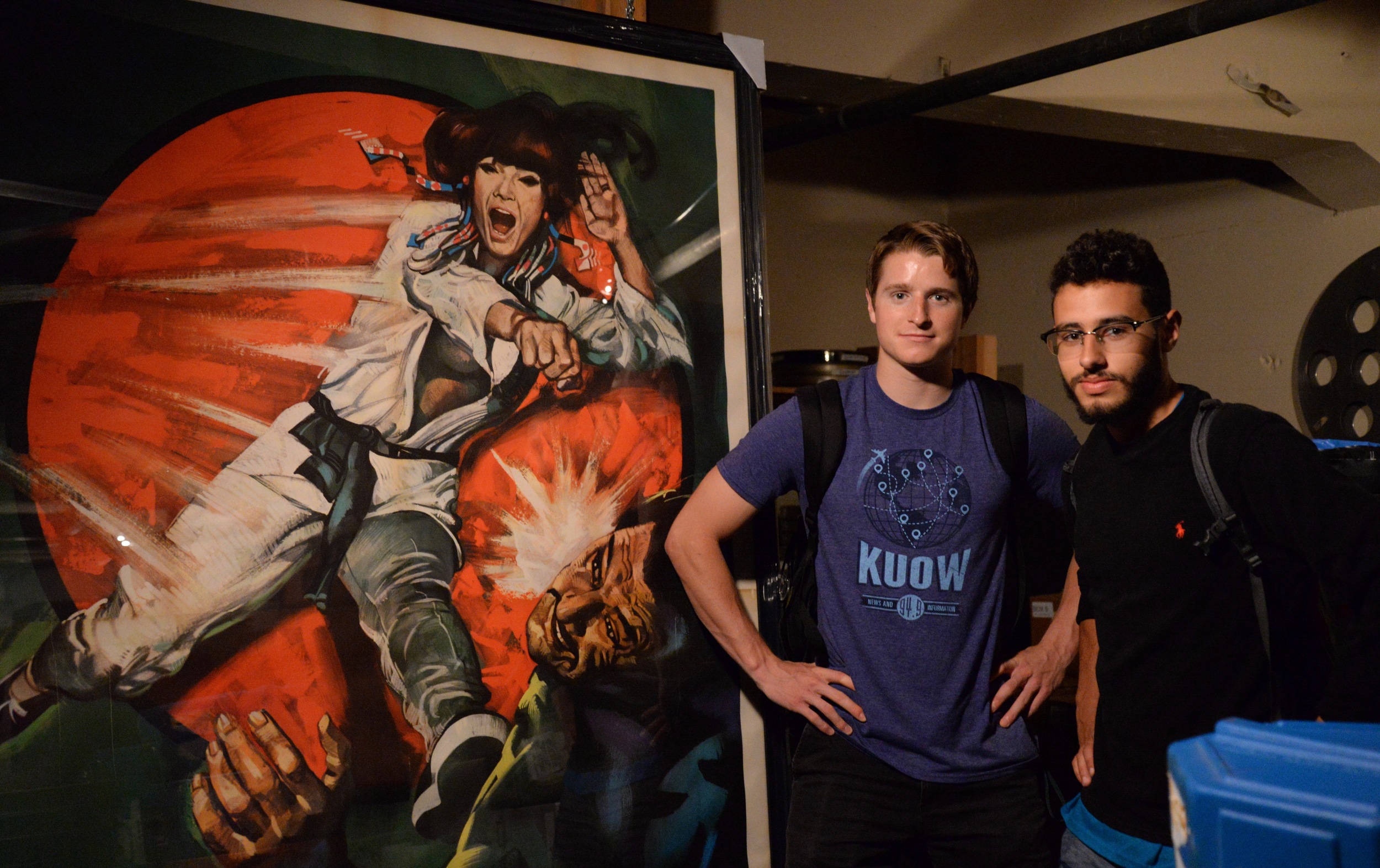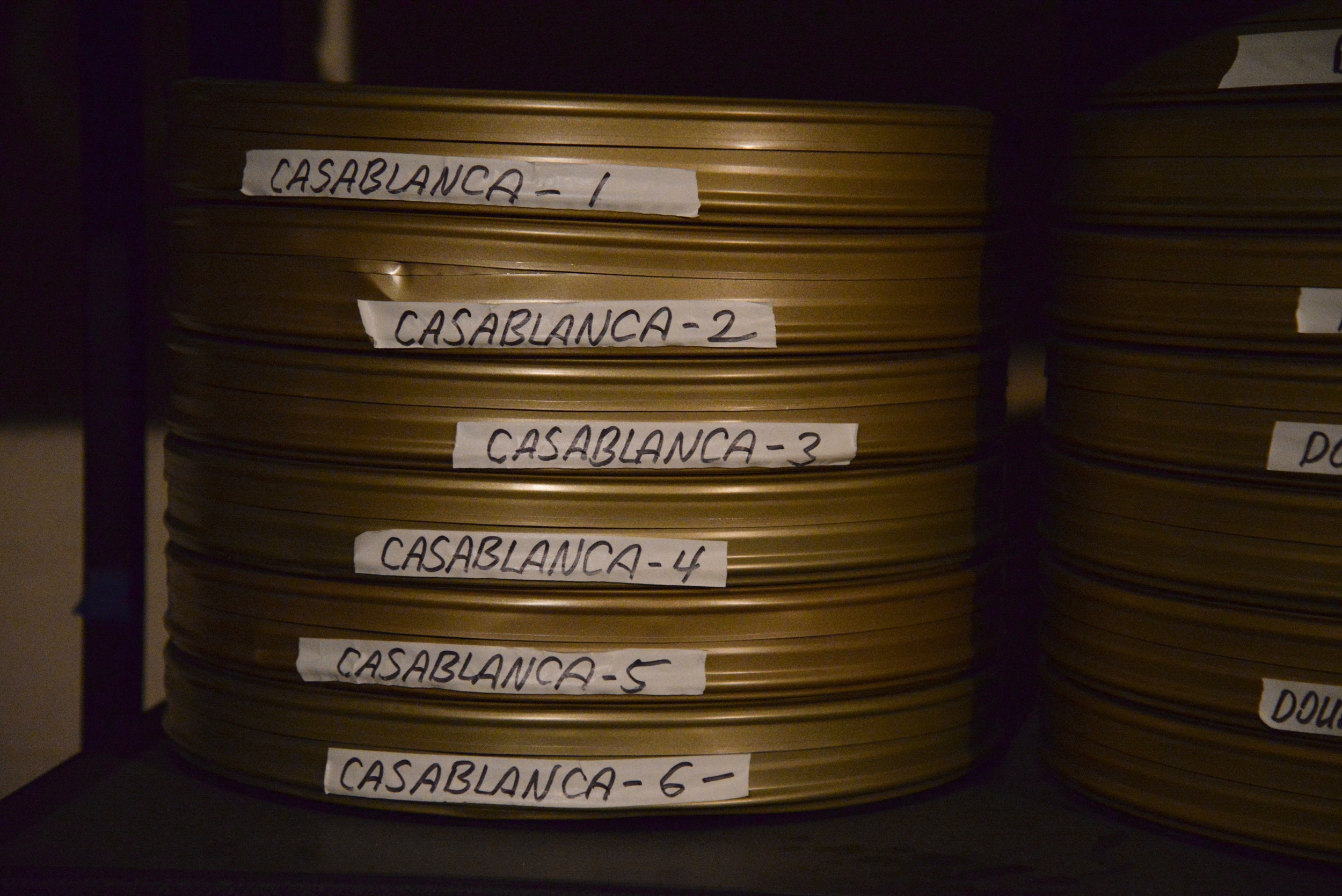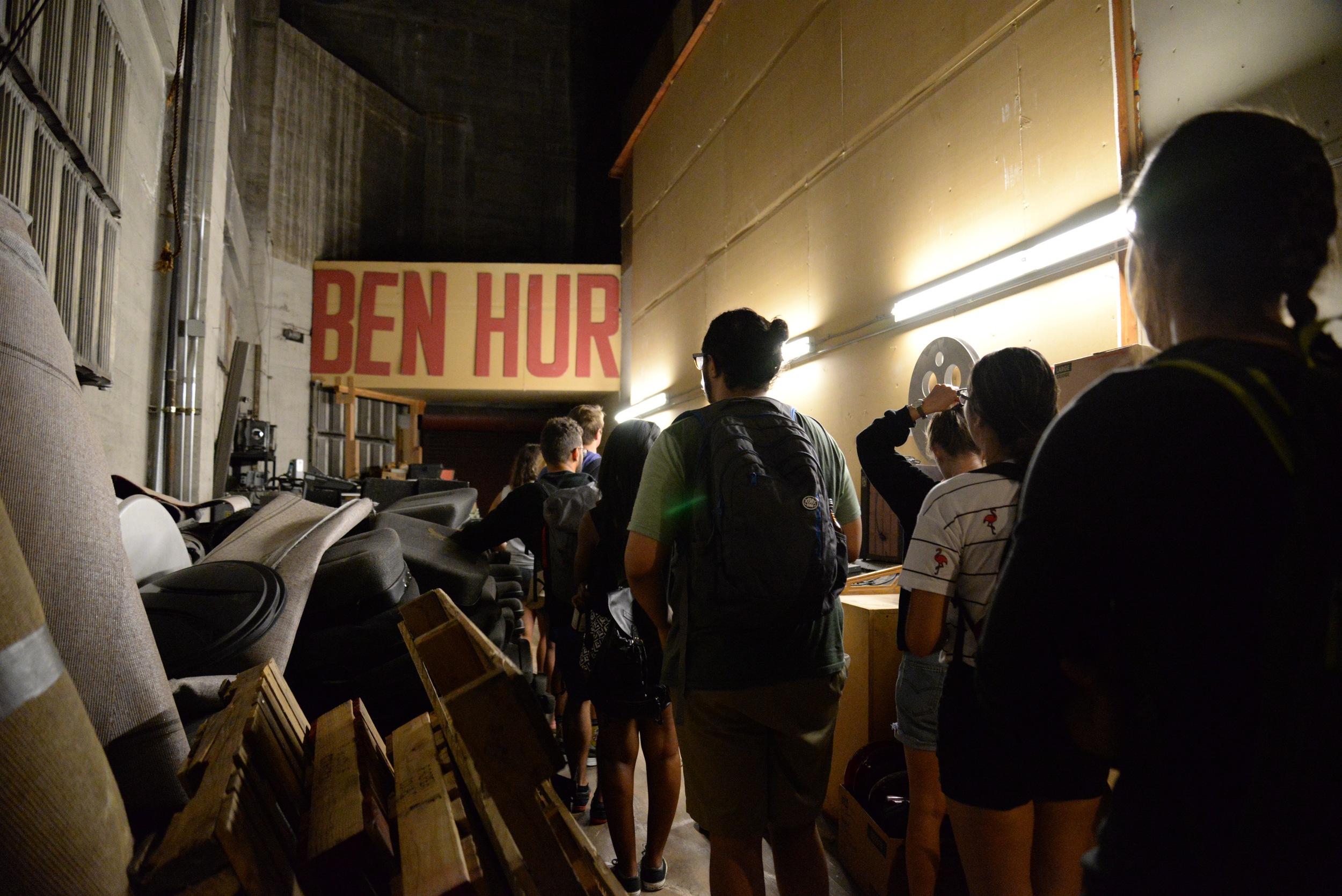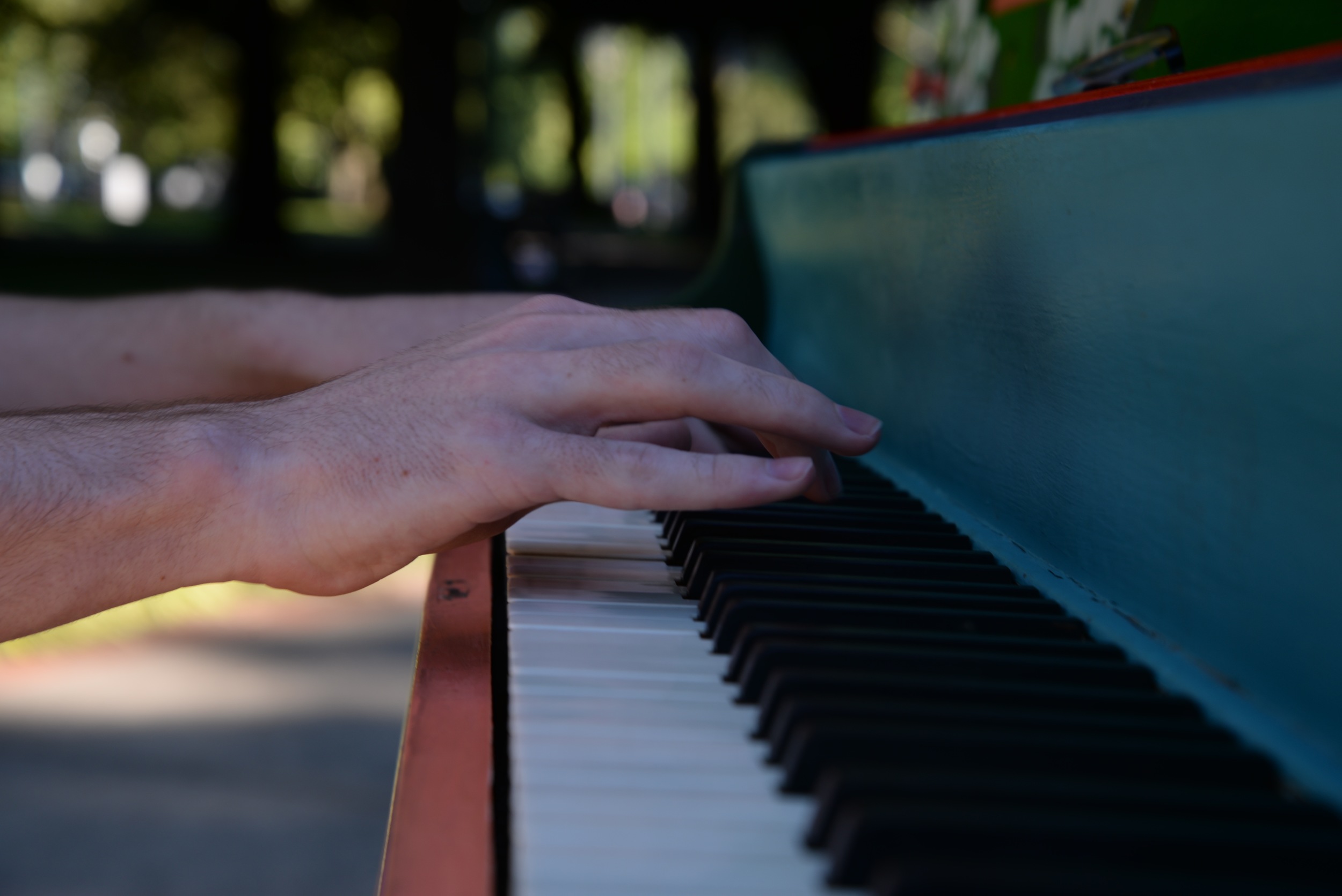The Loaf
Vivi didn’t plan on getting a good mirror. The splotched, cracked piece of glass that hung above her industrial laundry sink did the job just fine.
Each morning, she opened her eyes to see the unfurnished basement where she lived. She swung her big pink feet onto the cold cement floor and shuffled fifteen paces to the huge plastic sink. As she brushed her teeth, she leaned in to stare at herself in the derelict mirror. Vivi couldn’t see her reflection very clearly, but she could see just enough to recognize the woman’s face staring back.
Her dark hair clung to her head before making its escape down her short neck and towards her shoulders. Her cheeks, which were a light gray color, puffed out on either side of her mouth, which was mauve. Her stubby nose grew red at the tip. Her small eyes were silver and blue.
Vivi’s routine inspection of her appearance never lasted more than a minute. She looked long enough to feel resigned, then spat a small pile of toothpaste into the sink and shuffled off to get dressed for work.
For four years, Vivi left her subterranean lair and climbed upstairs to the kitchen to make herself a cheese and butter sandwich. Mild cheddar, spreadable butter, two slices of white bread. She rushed to make it as to avoid the house’s elderly owner, Mrs. Donnelly. Vivi was taciturn, and Mrs. Donnelly was a chatterer.
Sandwich in hand, Vivi slowly walked from the house to the library where she worked. Each morning, she crossed two busy streets and walked five blocks. As she walked, she watched her feet. Vivi always wore sensible black shoes, and she liked the way they looked as they stepped on the concrete.
There was only one time during her daily commute that Vivi looked up. On the corner of the second busy street, there was a large, square building. On the top of the building, there was a giant plastic sculpture of a loaf of bread in a bag.
The bag of bread was on top of a motorized stand. It spun slowly, around and around on top of the gray building. One side had an orange design and the other was green. The loaf was as long as a tall man, or a small alligator, and it probably weighed much more. Vivi didn’t know why the bread was spinning up there. Perhaps it was an advertisement, but still, an advertisement for non-descript bread seemed pointless to her. As Vivi waited to cross the second busy street each morning, she stared up at the spectacle.
Besides her early morning foray into self-pity, staring at the kinetic bread statue was the only time of day that Vivi allowed her deadened mind to wander. She liked to imagine a giant lady walking up and grabbing the loaf with one huge hand. The loaf was normal and Vivi was just a tiny ant. Or she liked to imagine that inside the loaf was really, really big bread, and if she ever bothered to get to the top of the gray building, she could open the big plastic bag and make herself a gargantuan cheese and butter sandwich. She’d carry the sandwich on her back, the last two blocks to work.
Vivi’s job wasn’t interesting. She sat in the stuffy attic of the big library. Her purpose was to go through the piles of books that were awaiting her each morning. All the books had old-fashioned date due slips in their covers. Vivi took out the cards, typed the book’s life history into her big computer, and set it down in a new pile. She did this again, and again, and again. Her job was to slowly turn the analog world digital, but she didn’t think of it that way. She rarely thought at all.
On the Tuesday before Vivi’s twenty-sixth birthday, it was raining. She finished her work at six o’clock. The finished books, newly modernized, were stacked in tall piles next to her desk. Their companions of many years, the stiff yellow cards, were in an untidy pile by her feet. The next day, there would be a new pile of old books in the attic, waiting for Vivi to make them new again.
Vivi gathered her things and left the attic. She gazed at her black shoes as they walked down the stairs. After five flights, she was outside. She hadn’t expected the rain. Briefly, she looked skyward, then instinctively pulled her brown coat tight around her shoulders and began the walk home. The rain had darkened the concrete, and her shoes didn’t stand out against the wet, gray ground.
When Vivi got to the corner by the busy street, she looked up, like she always did. The loaf was slowly spinning, ignorant of the falling rain. Vivi watched the colorful sides as cars whizzed past on the damp street: orange, green, orange, green. Vivi imagined someone painting it, carefully picking out the brightest orange, the deepest green.
In four years, the loaf had never changed. Only Vivi’s imagination was distinct from day to day. That’s why, when the loaf lurched to one side, still spinning, slowly, Vivi imagined that she was imagining it.
“Ah yes, finally,” she thought. “If it falls I can see what’s inside.”
Vivi’s plain, pale face was turned up towards the gray sky. Raindrops fell into her small, silver eyes. When the loaf’s stand snapped, and tossed its heavy load towards the wet sidewalk, Vivi didn’t blink.
When the loaf killed her, her tiny eyes stayed open, but no one noticed because her head was smashed under the huge plastic spectacle. Only Vivi’s feet were sticking out from under the loaf, safe inside of her sensible black shoes.
A teenager in a pickup pulled over when he saw the loaf’s descent. By the time he got out, a big pool of dark red blood oozed out from under the loaf, as if there had been ketchup inside instead of bread. The rain plopped into the coppery puddle, one drop after another. Plop, plop, plop.
When the police chief showed up, he was already angry.
“Five hundred pounds of solid plastic, barely attached to the roof of the building?” he fumed. “Do people think this town is a fucking circus tent?”
When the medical examiner showed up, she was calm. She peered at Vivi’s unscathed black shoes.
“Those are hideous,” she said.
It’s true, they were very ugly.
-Lindsey
